Do Jewish and Christian philosophy differ in openness to development?
After exploring key aspects of Jewish philosophy in my recent posts, I began to wonder whether it might be more open and flexible to development than Christian philosophy. Both traditions have long histories of engaging with questions about ethics, existence, and human purpose. Yet, it appears that there is a critical distinction in how each tradition approaches intellectual development, reinterpretation, and the role of debate in theological inquiry. In this post, I therefore aim to examine this subject by exploring whether Jewish and Christian philosophies differ in their openness to development, focusing on key characteristics of both traditions, their historical contexts, and their respective attitudes toward philosophical evolution.
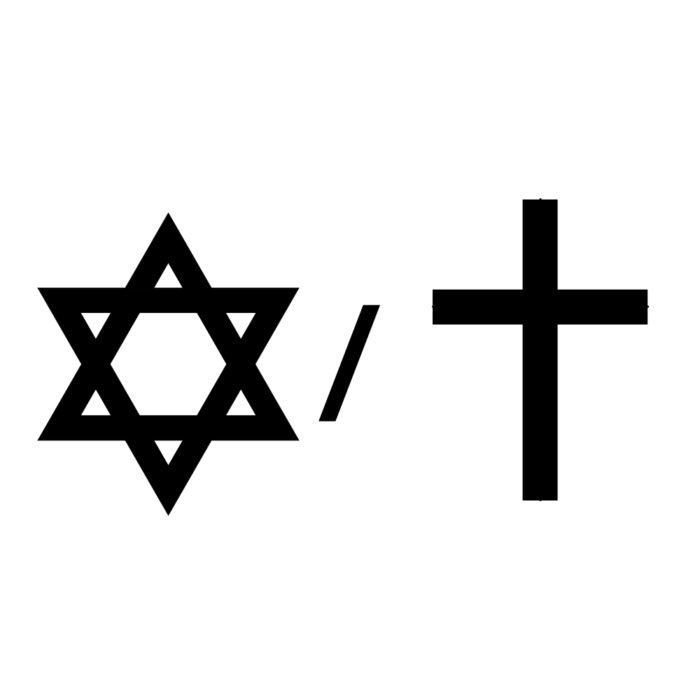
Star of David (left) and a Latin Cross (right).
The interpretive nature of Jewish philosophy
Jewish philosophy, particularly in its classical and medieval forms, is deeply rooted in the interpretive nature of Jewish textual tradition. Central to Judaism is the Torah, but equally significant is the interpretive tradition encapsulated in the Mishnah and the Talmud. These works are not merely legal codes; they are records of debates, disagreements, and evolving interpretations. The Rabbinic tradition, which became the dominant form of Judaism after the destruction of the Second Temple in 70 CE, emphasizes that the study of sacred texts is never complete. This ethos fosters an intellectual environment where questioning, reinterpretation, and debate are essential activities.
Unlike dogmatic systems that seek to establish immutable truths, Jewish philosophy often embraces a multiplicity of interpretations. The famous Talmudic dictum, “These and those are the words of the living God” (Eruvin 13b), highlights the idea that divergent opinions can both hold validity. This pluralistic approach allows Jewish thought to remain dynamic, as successive generations contribute new insights without necessarily discarding previous interpretations.
Jewish engagement with philosophy became particularly prominent during the medieval period, when Jewish thinkers such as Saadia Gaon, Maimonides, and Gersonides encountered Islamic and Aristotelian philosophy. Rather than rejecting external philosophical influences, these scholars incorporated them into Jewish thought, creating a synthesis that preserved core Jewish beliefs while engaging critically with broader philosophical currents. This intellectual adaptability underscores Judaism’s openness to philosophical development.
The doctrinal structure of Christian philosophy
Christian philosophy, while also engaging deeply with classical philosophy, has historically been more inclined toward establishing fixed doctrines. The early Church faced the challenge of defining orthodoxy in the context of diverse theological views and external philosophical influences. This led to the formulation of creeds and doctrines through ecumenical councils, such as the Nicene Creed in 325 CE, which sought to establish a unified Christian belief system.
The emphasis on orthodoxy shaped the development of Christian philosophy in significant ways. While Jewish philosophy often allowed for multiple coexisting interpretations, Christian theology tended to prioritize definitive statements of belief. This inclination toward doctrinal finality can be seen in the works of early Church Fathers, such as Augustine and Aquinas, whose writings aimed to articulate and defend the core tenets of Christian faith.
However, it is important to note that Christian philosophy has not been entirely rigid. The medieval period saw significant engagement with Aristotelian philosophy, particularly through the works of Thomas Aquinas. The scholastic method, which Aquinas exemplified, involved rigorous questioning and debate, albeit within the boundaries of established doctrine. Later developments, such as the Reformation, introduced new theological perspectives and challenged existing doctrines, leading to the proliferation of diverse Christian denominations. Even in the modern era, Christian thinkers continue to engage with contemporary philosophical and scientific ideas.
Comparative analysis: Flexibility and boundaries
A key difference between Jewish and Christian philosophy lies in their respective attitudes toward interpretive flexibility and doctrinal boundaries. Jewish philosophy, grounded in the Rabbinic tradition, tends to view the process of interpretation as ongoing and inherently valuable. The Talmudic style of argumentation, which often concludes without a definitive resolution, reflects a belief that intellectual engagement with sacred texts is a perpetual process.
In contrast, Christian philosophy has historically sought to establish clear boundaries of orthodoxy. While debate and inquiry have always been part of the Christian intellectual tradition, they have often been framed by the need to uphold established doctrines. This tendency toward doctrinal finality can sometimes limit the scope of philosophical development, particularly in branches of Christianity that emphasize the authority of creeds and councils.
Nevertheless, it would be overly simplistic to characterize Jewish philosophy as entirely open and Christian philosophy as entirely closed. Both traditions have dynamic and rigid elements. In Judaism, certain ultra-Orthodox communities adhere strictly to traditional interpretations, resisting philosophical innovation. Similarly, in Christianity, various liberal movements promote ongoing reinterpretation of doctrine and engagement with contemporary issues.
Influence of historical contexts
The historical contexts in which Jewish and Christian philosophies developed have also influenced their respective openness to development. Jewish philosophy, as a minority tradition often existing in diaspora, has frequently encountered and engaged with diverse cultural and intellectual environments. This external pressure may have contributed to Judaism’s adaptability and openness to philosophical synthesis.
By contrast, Christianity, which became the dominant religion of the Roman Empire and later of Europe, developed in a context where defining and maintaining orthodoxy was a means of preserving institutional unity. The power structures associated with the Church, particularly in medieval Europe, reinforced the importance of doctrinal conformity. However, these same power structures also facilitated the preservation and transmission of classical philosophy, which became a foundation for later intellectual developments.
Conclusion
Jewish and Christian philosophies differ in their approaches to development. Jewish philosophy, with its strong interpretive tradition and engagement with diverse philosophical currents, tends to exhibit greater flexibility. While Christian philosophy has also demonstrated dynamism in various periods, it has historically placed a stronger emphasis on maintaining doctrinal boundaries. These distinctions reflect not only differing theological and philosophical orientations but also the unique historical contexts in which each tradition developed. Despite these differences, both have made significant contributions to Western thought, illustrating that openness to development can manifest in distinct ways.
References and further reading
- Alexander Brungs, Georgi Kapriev, Vilem Mudroch, Die Philosophie des Mittelalters. Bd. 1. Byzanz. Judentum, 2019, Schwabe Verlagsgruppe, ISBN: 9783796526237
- Walter Dietrich, Hans-Peter Mathys, Thomas Römer, Rudolf Smend, Die Entstehung des Alten Testaments, 2014, Verlag W. Kohlhammer, ISBN: 9783170203549
- Richard Friedman, Who Wrote The Bible?, 2019, Simon & Schuster, ISBN: 9781501192401
- James Karl Hoffmeier, Akhenaten And The Origins Of Monotheism, 2015, Oxford University Press, USA, ISBN: 9780199792085
- Jan Assmann, From Akhenaten to Moses - Ancient Egypt and religious change, 2014, Oxford University Press, ISBN: 9789774166310
- Benjamin D. Sommer, The Bodies Of God And The World Of Ancient Israel, 2009, Cambridge University Press, ISBN: 9780521518727
- William G. Dever, Did God have a wife? - Archaeology and folk religion in ancient Israel, 2008, Wm. B. Eerdmans Publishing, ISBN: 9780802863942
- James S. Anderson, Monotheism and Yahweh’s appropriation of Baal, 2015, Bloomsbury T&T Clark, eThe Library of Hebrew Bible/Old Testament Studies, ISBN: 978-0567683076
- Stephen Mitchell, Peter Van Nuffelen, One God – Pagan monotheism In the Roman Empire, 2010, Cambridge University Press, ISBN: 9780521194167
- William G. Dever, Who were the early Israelites and where did they come from?, 2006, Wm. B. Eerdmans Publishing, ISBN: 9780802844163
- William M. Schniedewind, How the Bible became a book – The textualization of ancient Israel, 2004, Cambridge University Press, ISBN: 9780521829465
- Bart D. Ehrman, The New Testament – A historical introduction to the early Christian writings, 2000, Oxford University Press, USA, ISBN: 9780195126396
- Bart D. Ehrman, Forged: Writing in the name of God – Why the Bible’s authors are not who we think they are, 2011, HarperOne, ISBN: 9780062012616
- Bart D. Ehrman, Jesus – Apocalyptic prophet of the new millennium, 1999, Oxford University Press on Demand, ISBN: 9780195124736
- Bart D. Ehrman, God’s problem: How the Bible fails to answer our most important question – Why we suffer, 2008, HarperOne, ISBN: 9780061578311
- Israel Knohl, The Messiah Before Jesus - The Suffering Servant Of The Dead Sea Scrolls, 2000, Univ of California Press, ISBN: 9780520215924
- Smith, M. S., The Early History of God: Yahweh and the Other Deities in Ancient Israel, 2002, Eerdmans, ISBN: 978-0802839725
- Coogan, M. D., The Oxford History of the Biblical World, 2001, Oxford University Press, ISBN: 978-0192802033
- Miller, P. D., The Religion of Ancient Israel, 2007, Westminster John Knox Press, ISBN: 978-0664232375
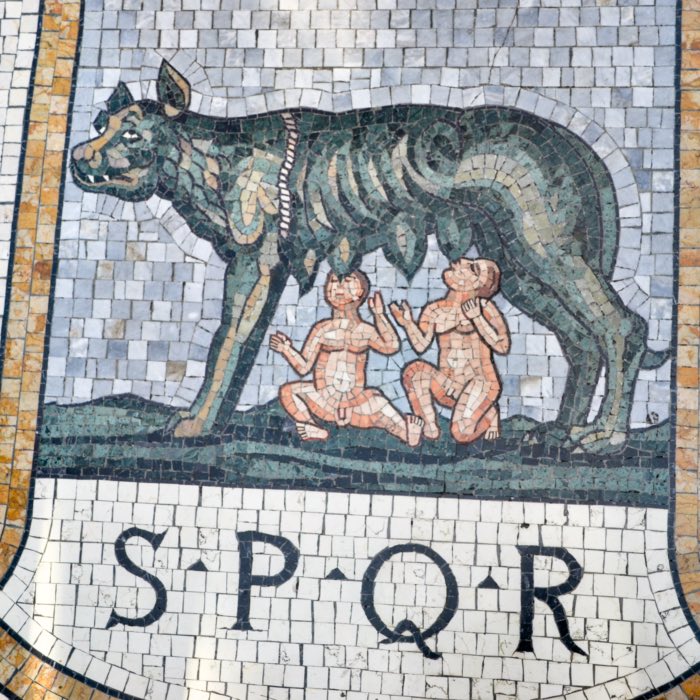
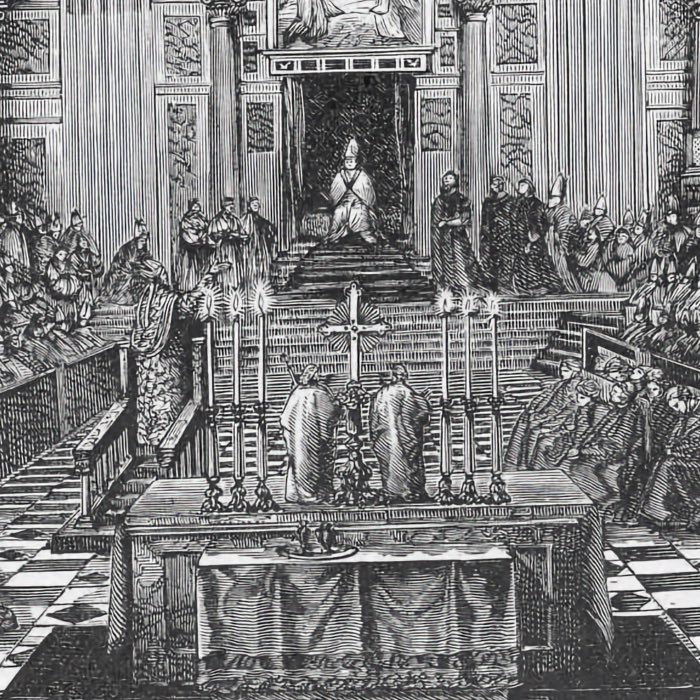
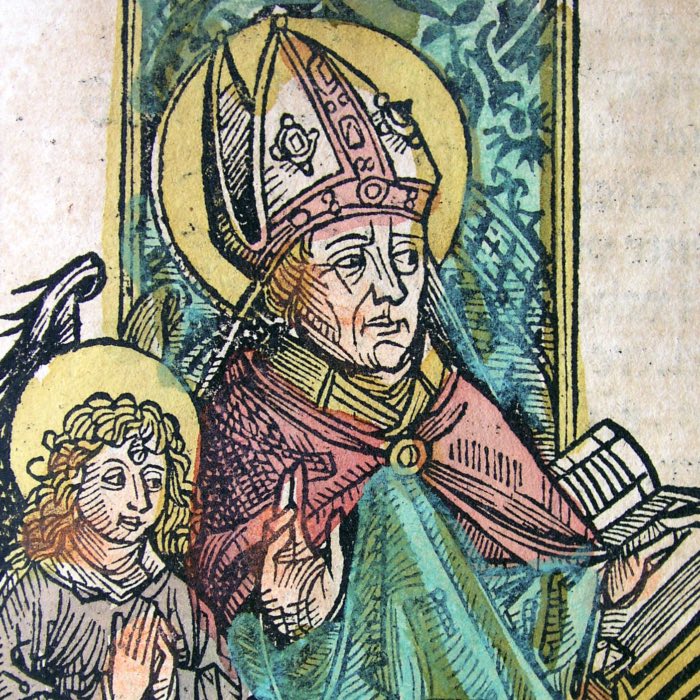
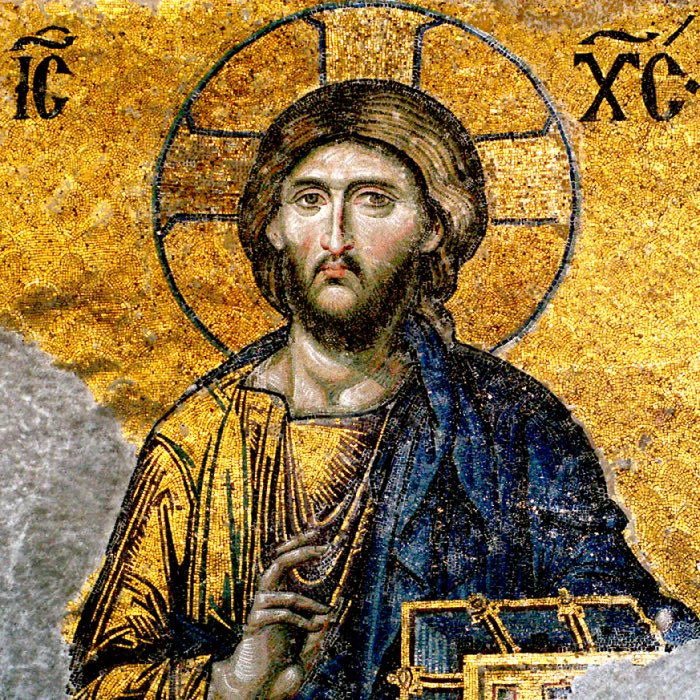
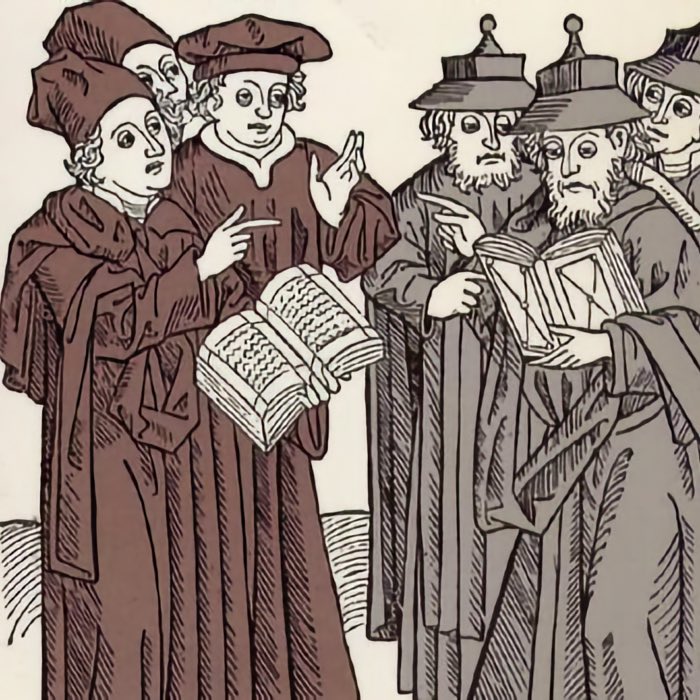
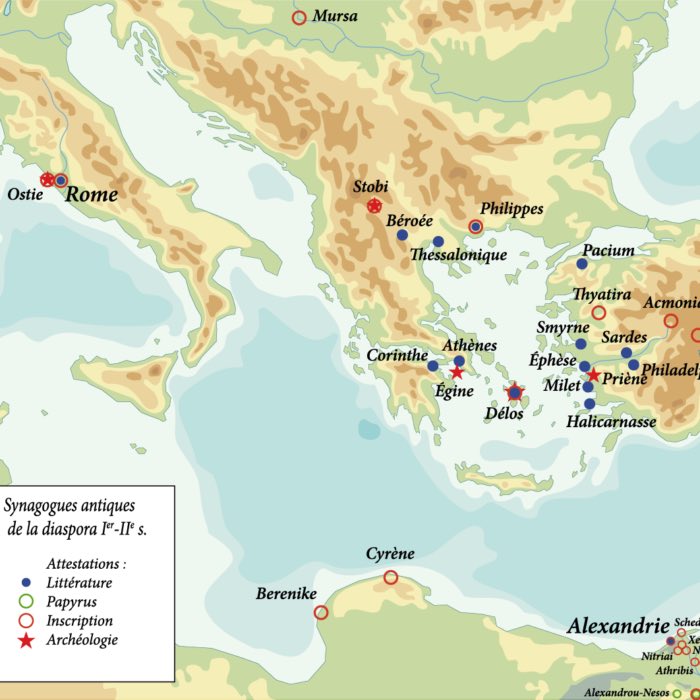
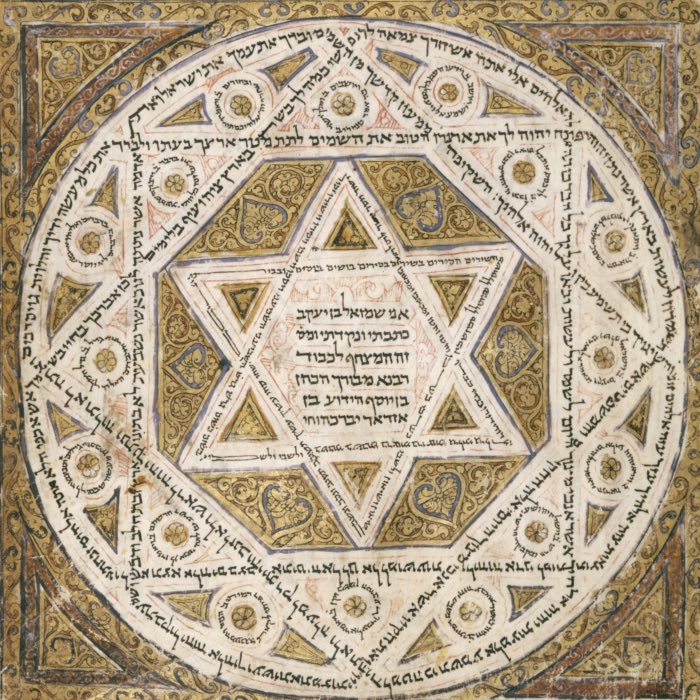
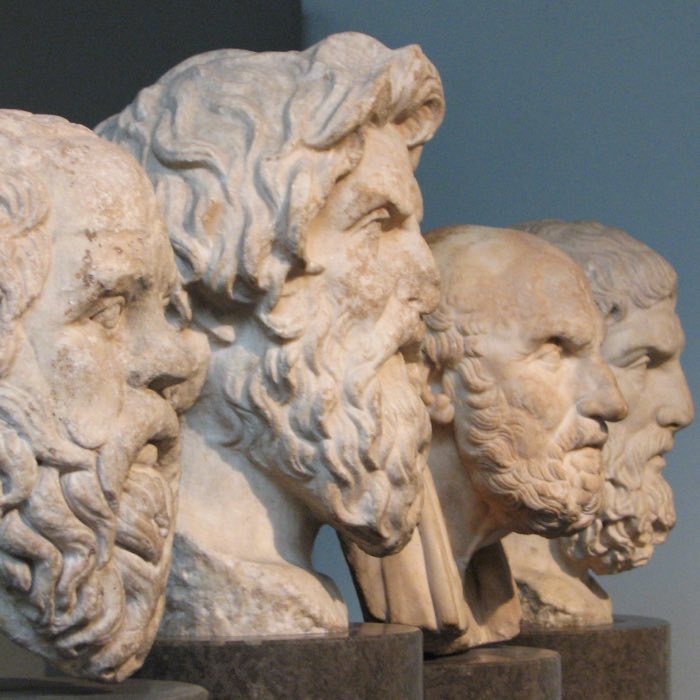








comments